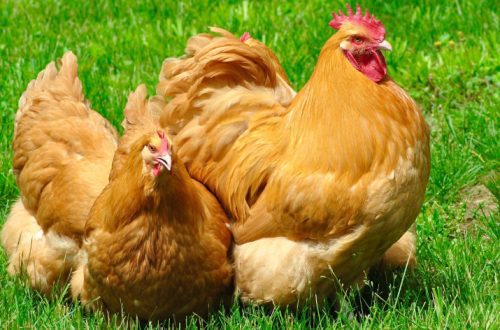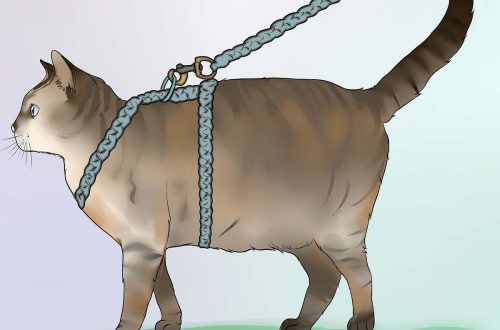
How many years do ferrets live in captivity and what diseases should be avoided
Quite a lot of people love such cute animals as ferrets. There is nothing surprising here, since these animals really look quite good. In addition, they can be called domestic due to the fact that they have been tamed for a long time. For many generations, these cute little animals have been living with humans.
If you look at their biology, then the ferret is a mammal from the weasel family. By nature, ferrets are predators. Of course, these animals are not as old in terms of domestication as it is believed. Some people think that ferrets have been tamed since ancient times. In fact, this is not true, since ferrets were tamed about 2-3 centuries ago. During this time, much has become known, including the answer to the question “How long does a ferret live.”
Contents
General characteristics of these animals
Before you understand how long these cute animals live, you need to roughly navigate who the ferrets are. So let’s go through the points what are the characteristics of these mammals.
- Ferrets are family animals. They are characterized by a friendly attitude towards their owners, which has a positive effect on communicating with them and using them as a pet. Therefore, you can be sure that you will live with them in love and harmony.
- Since these animals easily find contacts with people, they also have a good relationship with children over seven years old. At the same time, children need to be instructed about what ferrets love and how to handle them so that they live much longer at home.
- Ferrets are very smart animals. Therefore, both adults and children will be interested in handling them. Playfulness in these animals does not disappear even with age. That is why communication with them develops well in different age categories. Children like ferrets because of the similarity of character. But adults will like ferrets to feel like a child again.
- If the ferret is not neutered, then sometimes they emit a not very pleasant smell. This is because, like any other animal, it marks its territory. And the substance that attracts females does not have a very pleasant smell. I wonder what they like about it? But this is a question for biologists who know the answer to this question. After all, females do not pay attention to the smell, but to the pheromones that the male ferret secretes. But for the average person, this means that it is desirable to castrate males. But this is the responsibility of the owner of the animal.
Also worth noting peculiar odor of the nest animals. Also, sometimes ferrets can emit an unpleasant odor similar to that of skunks. It’s annoying, but not fatal. You can simply remove the anal glands that are responsible for this smell from the animal.
Ferret diseases
Very much the life expectancy of any animal is affected by diseases that should be avoided by the owners of these animals. Ferrets also have a range of diseases that sometimes prevent them from living a normal life or even provoke death. Remember, the life expectancy of ferrets at home depends only on you. let’s consider these diseases.
- Rabies. This disease has been scaring us since childhood. And it’s really a terrible disease. If your domestic ferret has infected you with it, then there is no need to raise the question, but how many years ferrets live in captivity. After all, you need to ask the question, how many people will live with this disease. Rabies is a disease that affects the nervous system. To prevent rabies from killing ferrets, they need to be vaccinated against the disease every year. If this is not done, death can occur within a few weeks.
- Aleutian disease. This disease is contagious and has a viral nature. This disease provokes a huge release of antibodies into the blood, which can be active against what the body needs. This leads to a number of autoimmune disorders. It is necessary to limit the ferret’s access to feces or saliva, as the virus spreads through these substances.
- Plague. This is a full-fledged disease that a person can also be susceptible to. It leads to a series of disorders of the body associated with the immune system, after which the animal dies. It is necessary to limit the ferret’s access to animals or humans that are in the incubation period. After the onset of the disease, the ferret will live for another 2-3 days. However, you can vaccinate the animal against this scourge.
- Rickets. With this disease, calcium metabolism is disturbed, which disrupts the growth and development of bones. It develops in young children of ferrets due to the fact that lactation processes have been disrupted. This disease can seriously ruin the life of a ferret, but you can live for a while. In addition, you can even try to cure this ailment. But remember that the best treatment is prevention.
How long does this cute little animal live at home
At home, these animals usually live seven to ten years. However, if properly cared for, the life span can be extended up to fifteen years. True, for ferrets, this figure is similar to human years, which have long exceeded one hundred. You understand: the likelihood that your ferret will live so long at home is simply negligible. But if you follow the diet and living conditions of the animal, then it can begin a full and long life.





